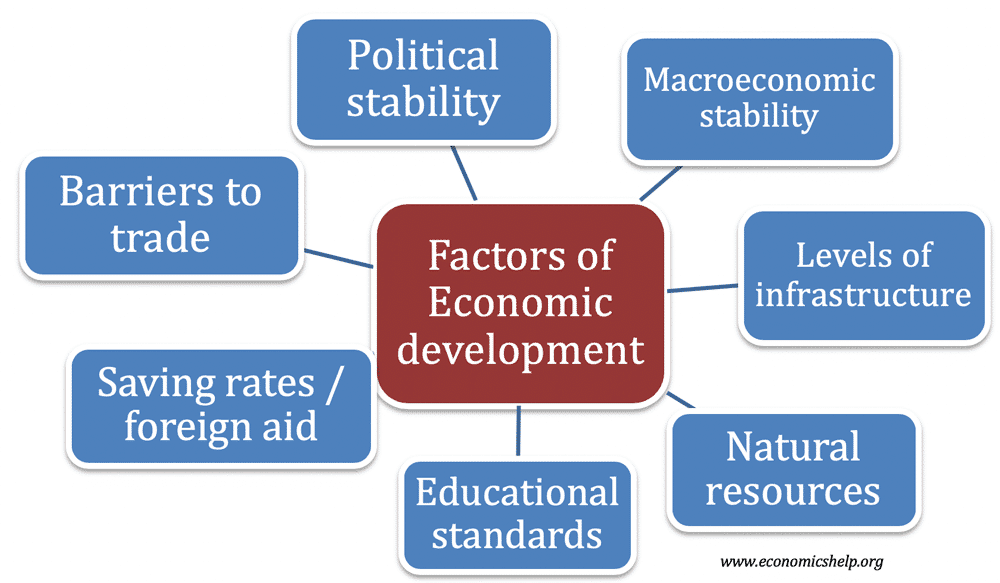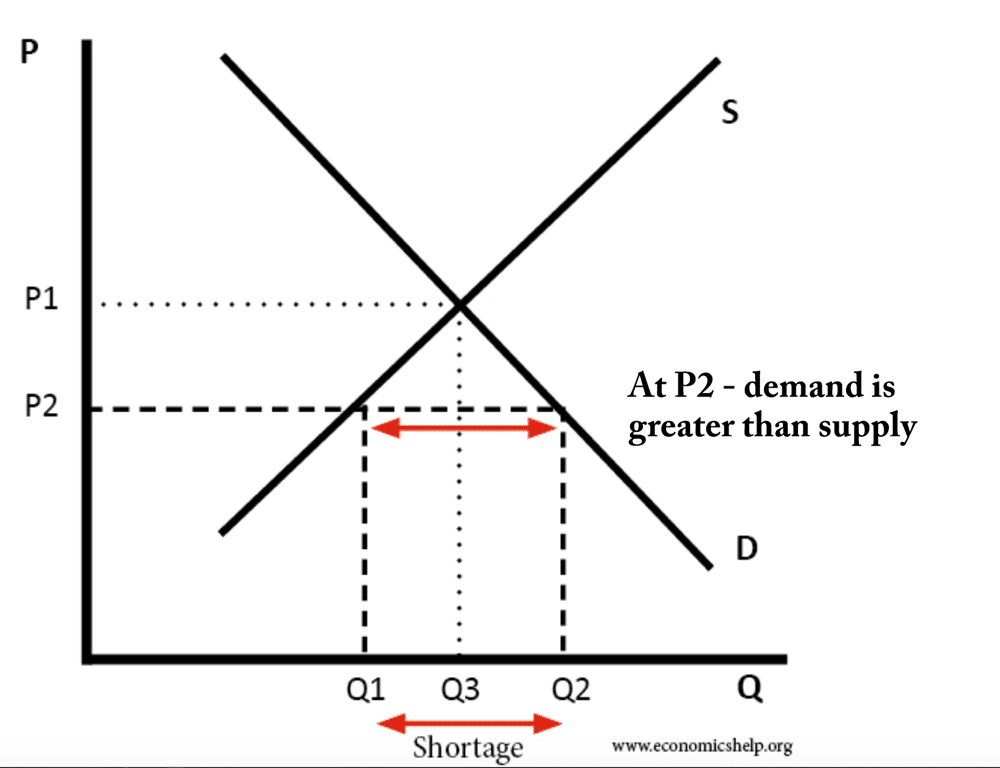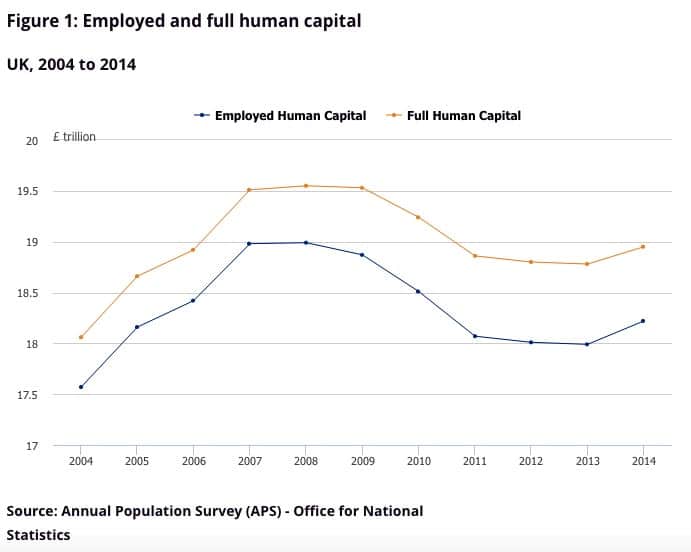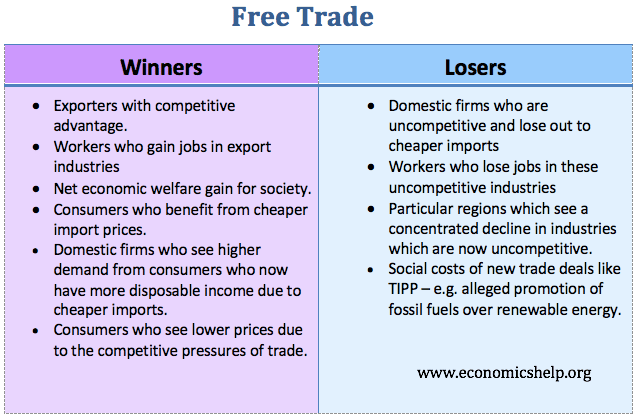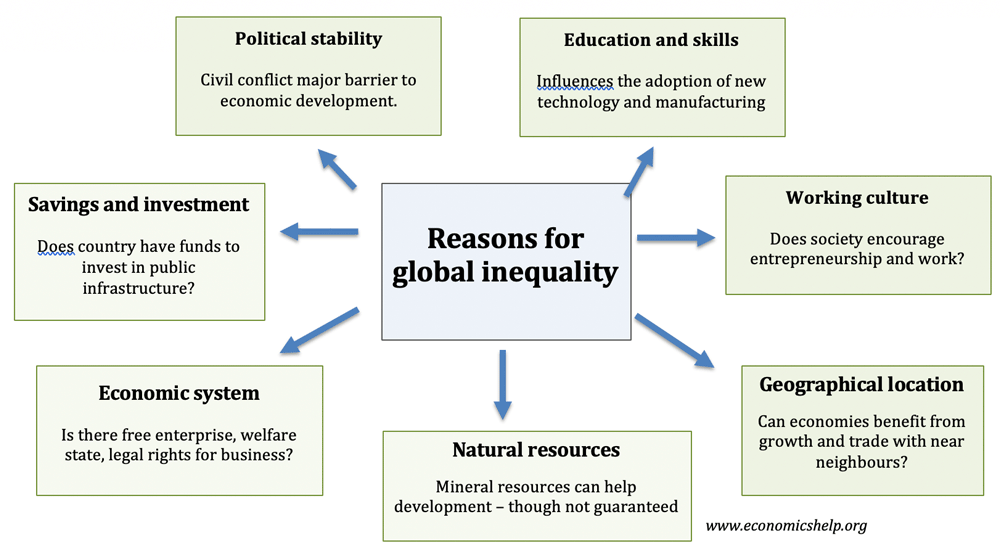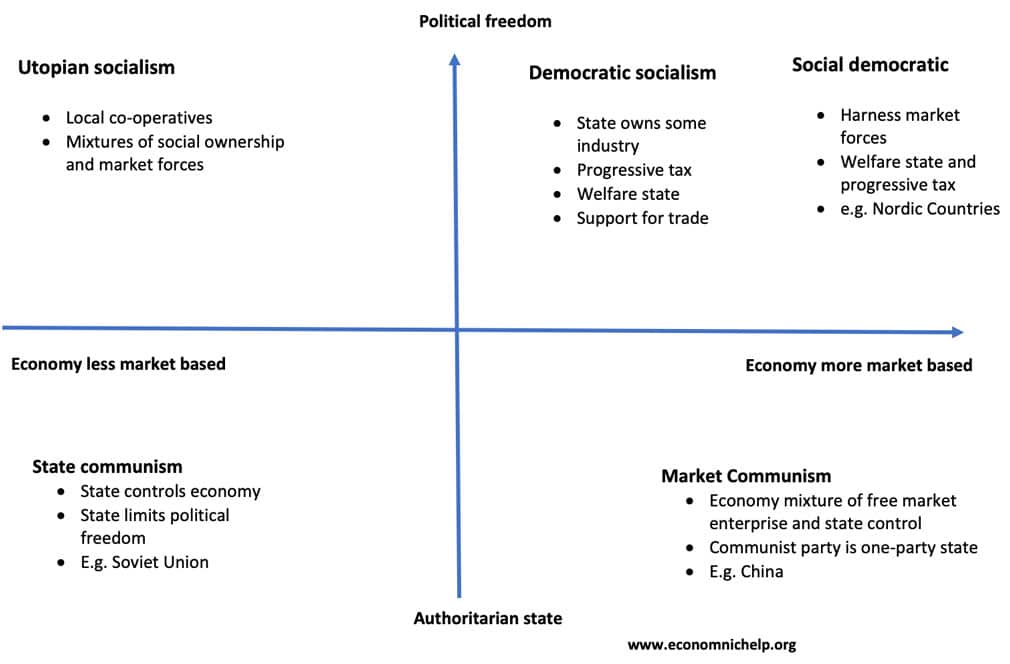Factors affecting economic development
Economic development implies an improvement in economic welfare through higher real incomes and other welfare indices such as improved literacy, better infrastructure, reduced poverty and better health care. Economic development requires a degree of political stability, investment and mixture of public and private initiatives to increase economic potential. The main factors affecting economic development include …

